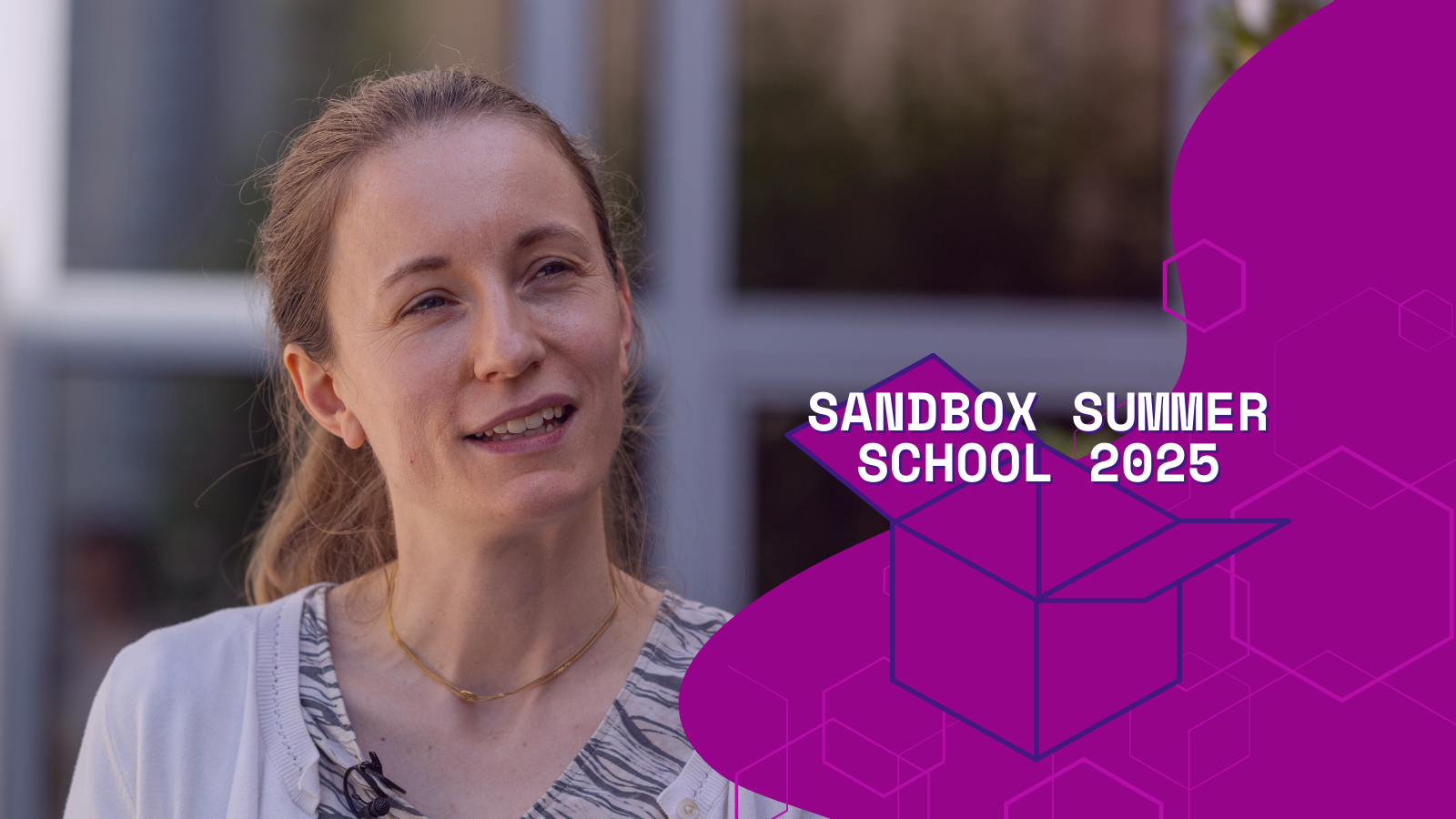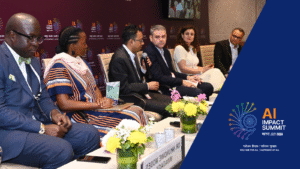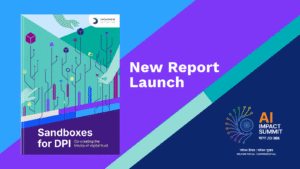By Sophie Tomlinson, Director of Programs, Datasphere Initiative
When we first imagined the Sandbox Summer School, we weren’t sure exactly who would show up.
We had a strong sense of the need. Around the world, interest in sandboxes was growing. Policymakers were experimenting. Civic technologists were asking questions. Think tanks and funders were paying attention. But no program existed to help those people connect and build practical knowledge together.
So we created one. And then we waited.
When the applications came in, we saw what this idea could unlock. People from 14 countries, working in government, civil society, academia, and international organizations, all wanted to take part. They brought diverse experiences and big questions. And they wanted to learn, not just from us, but from each other.
That is when we knew we had something real.
A room full of questions, and even better answers
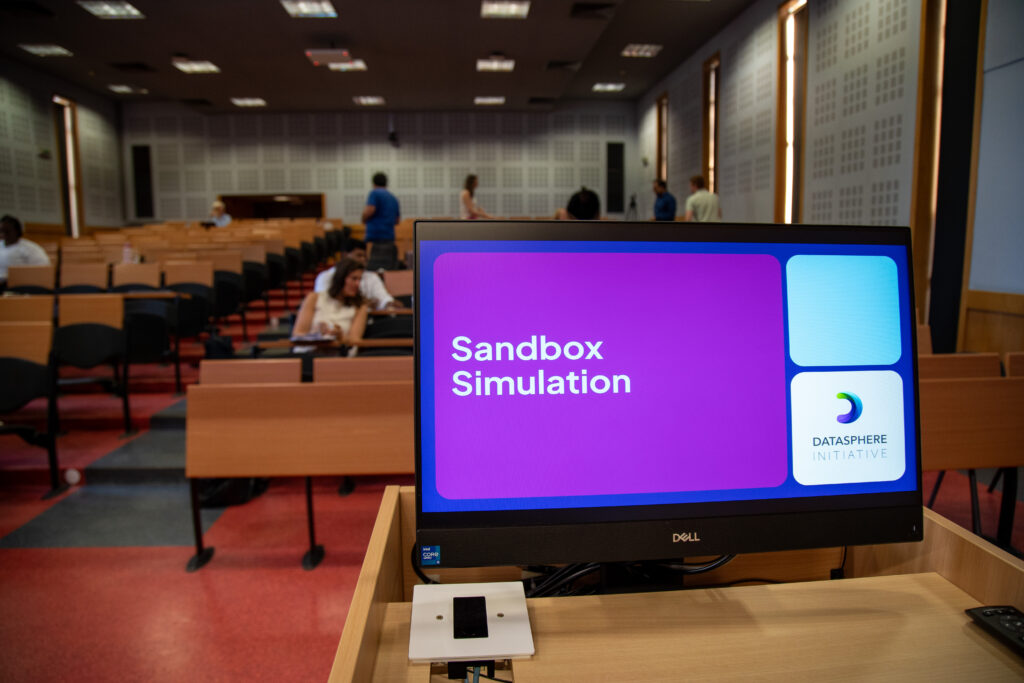
From the first day in Lisbon, it was clear this would not be a one-way training. Yes, we had designed a structured program. Yes, we had case studies, frameworks, and exercises. But what made the week special was the way the participants took ownership of the space.
Some had run sandboxes before. Others were exploring the concept for the first time. But everyone brought something tangible: a policy challenge, a sandbox design in progress, a local context they were trying to navigate.
The program followed the full lifecycle of a sandbox, from planning and engagement to implementation and evaluation. Each module combined shared learning with active design work. Feedback moved in every direction, from facilitators to participants, from peers to peers, and from personal experience back into the group.
The energy in the room came not just from learning new tools, but from seeing your own work through someone else’s eyes.
Even with different realities, we built something shared
What surprised me most, and stayed with me long after, was how quickly trust formed.
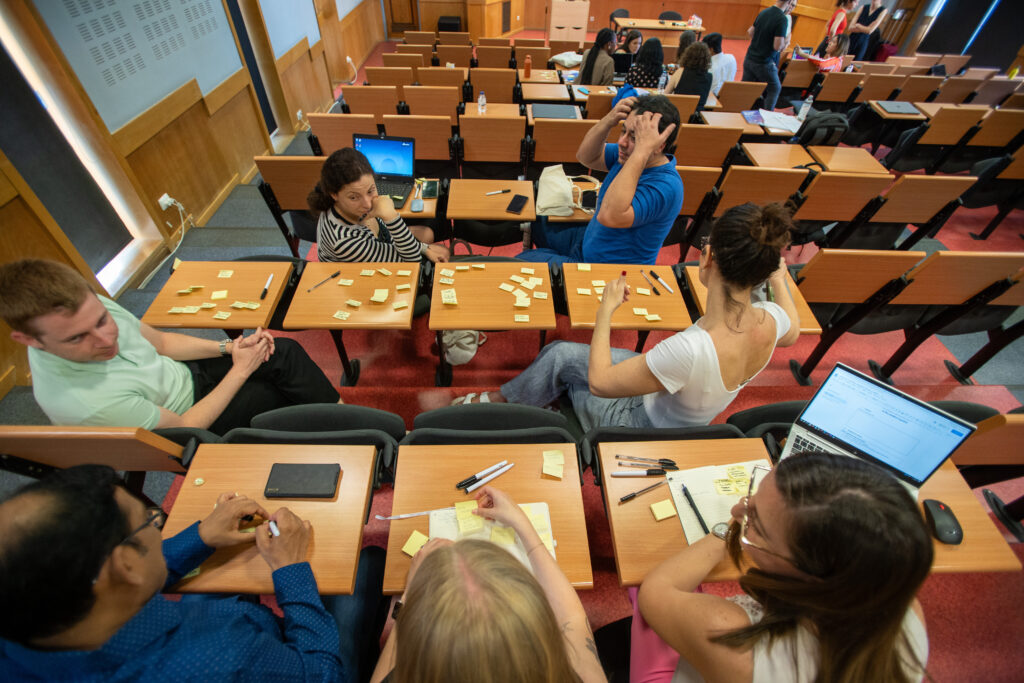
Participants came from very different sectors and countries. They worked with different mandates, timelines, and political realities. But they found common ground in the complexity of their work. How do you test an idea when the stakes are high? How do you navigate uncertainty with integrity? How can you involve others without losing focus?
These were not abstract questions. They came from real projects. And through open dialogue, those questions became shared problems to solve together.
I had to see it happen to understand just how much people from different backgrounds can teach each other. When they come into the same space, with the right structure and enough openness, something meaningful happens. It is no longer just training. It becomes a community.
Mapping, connecting, and equipping the field
The Sandbox Summer School is one piece of a larger commitment we are making at the Datasphere Initiative.
We want to help build the field of data governance, not only by producing research, but by strengthening the people and institutions doing the work.
The 2025 Datasphere Governance Atlas is part of that effort. It offers the most comprehensive mapping yet of who is shaping data governance around the world, profiling 728 actors in more than 100 countries. The Datasphere Observatory builds on that foundation, providing a living, searchable platform where users can explore these organizations, see who is connected to what, and contribute with updates.
We also publish regional and thematic reports on sandboxes in Africa, youth engagement, artificial intelligence, and other critical topics. These are designed to illuminate trends, share lessons, and guide investment in the space.
The Summer School added something new. It put our tools and ideas into motion. It brought together global professionals in a structured but flexible setting, where they could reflect, test, and grow their work. That kind of space is essential for a field that is still taking shape.
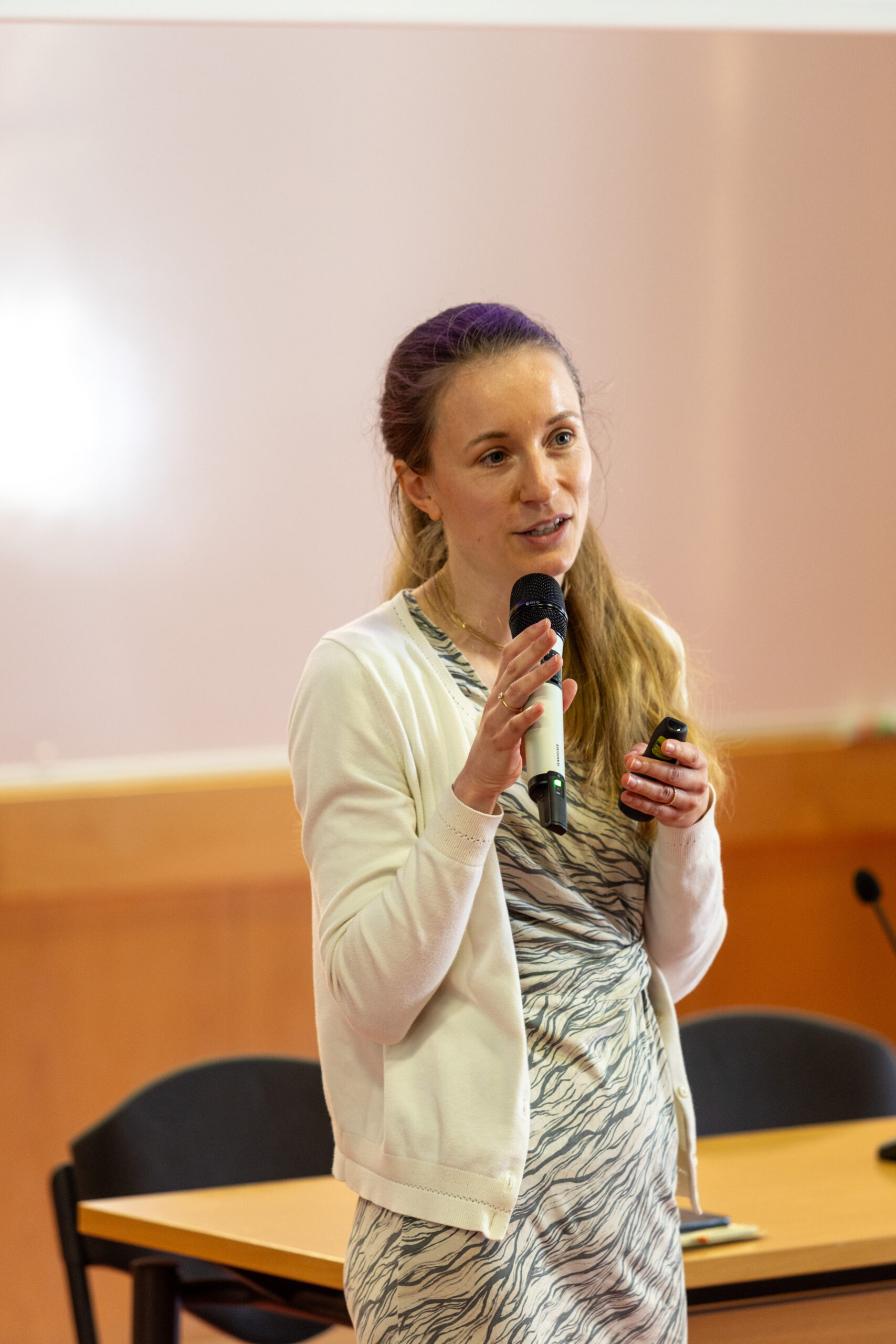
If you’re thinking of joining the next one
I would say this: bring your questions. Bring your context. Bring the sandbox idea that has been sitting half-formed in your notes or waiting at the bottom of your to-do list.
You do not have to come with everything figured out. You do not have to be an expert. You just have to be ready to work with others who are trying to solve similar problems in very different places.
What makes the Sandbox Summer School unique is not just what we teach. It is how people show up for each other. The structure is there to guide you, but the real learning happens in the conversations, in the feedback, in the process of building together.
If you join, you will leave with more than a prototype. You will leave with a clearer sense of where your work fits into a global conversation, and with people you can call on when you are ready to take the next step.
Interested in the next edition? Applications are already open. Read more here.
Let’s continue building the future of governance, one prototype at a time.
